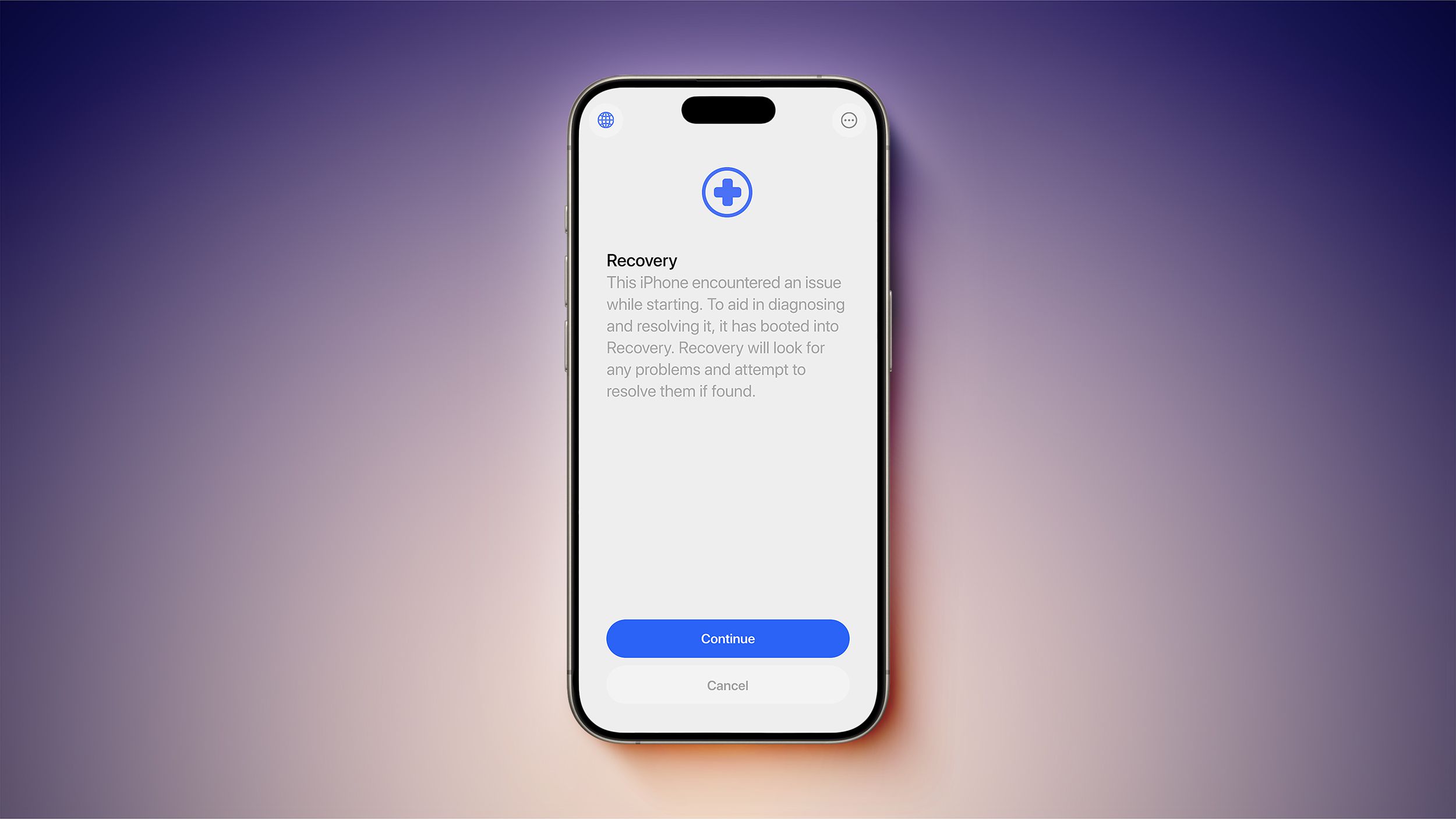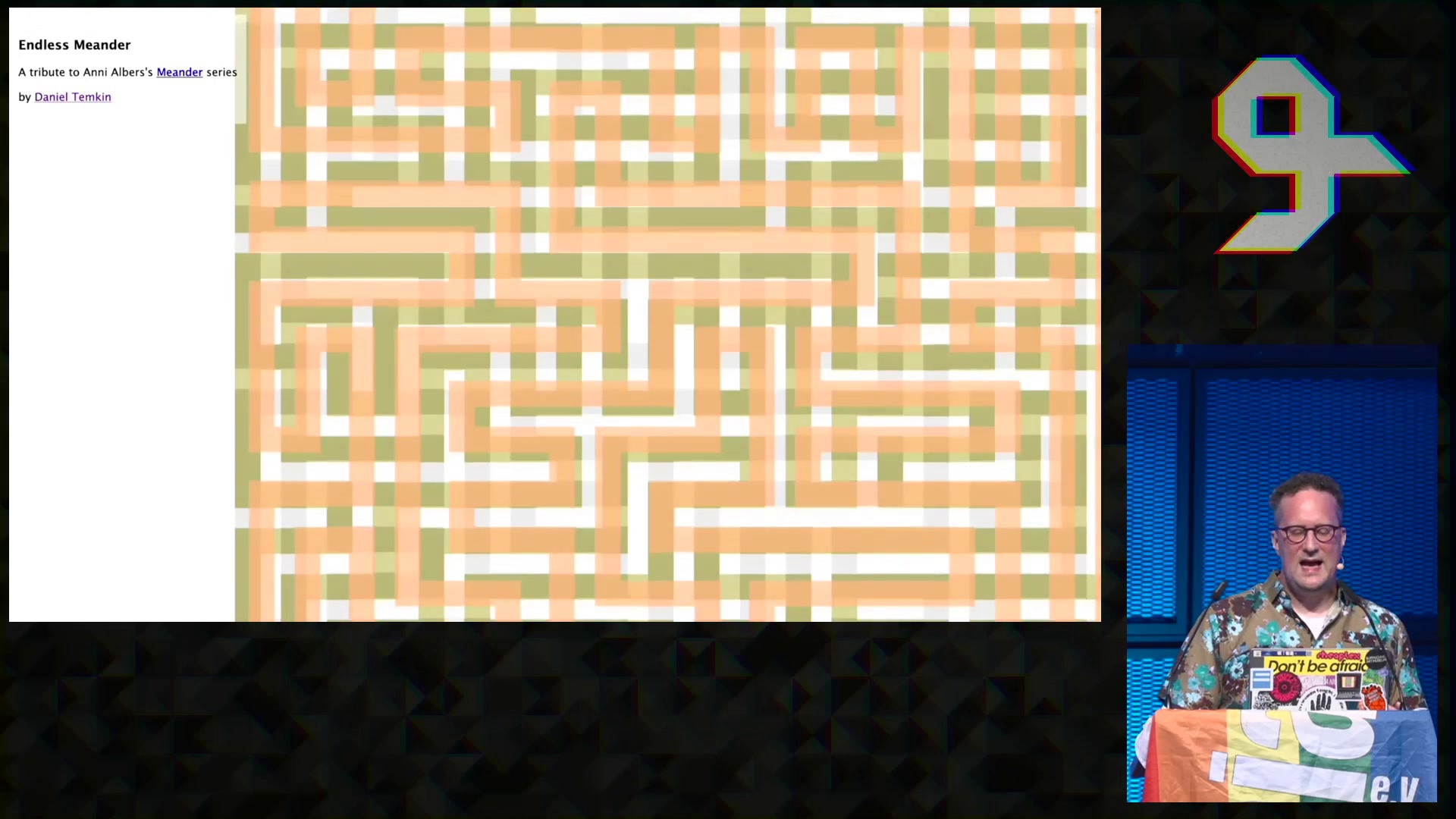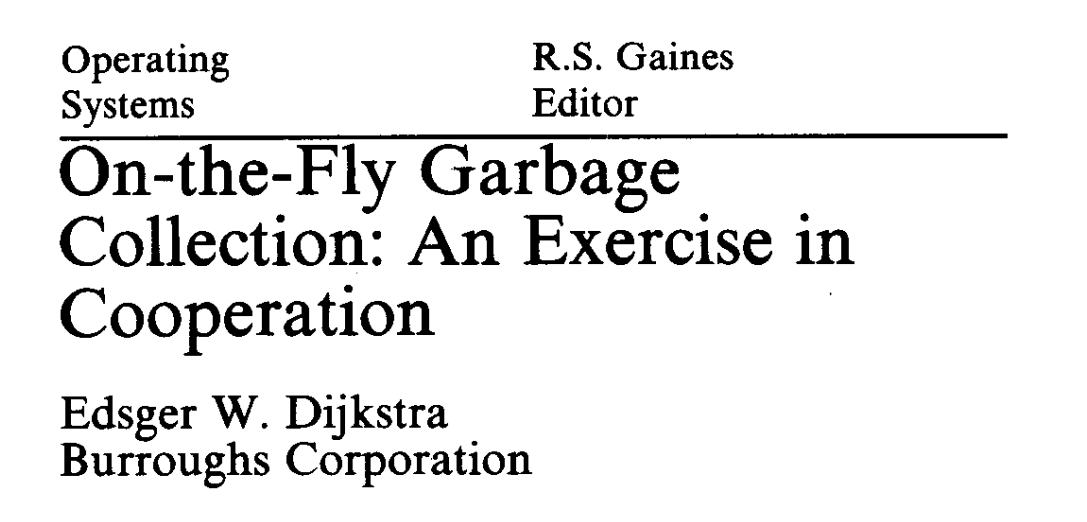Critical Vulnerability in pbkdf2: Signature Spoofing Risk
A vulnerability in pbkdf2's input validation within `lib/to-buffer.js` allows signature spoofing. Versions 3.0.10 through 3.1.2 are affected. This critical vulnerability (CVSS-B 9.1, as assessed by Harborist) enables attackers to forge signatures.
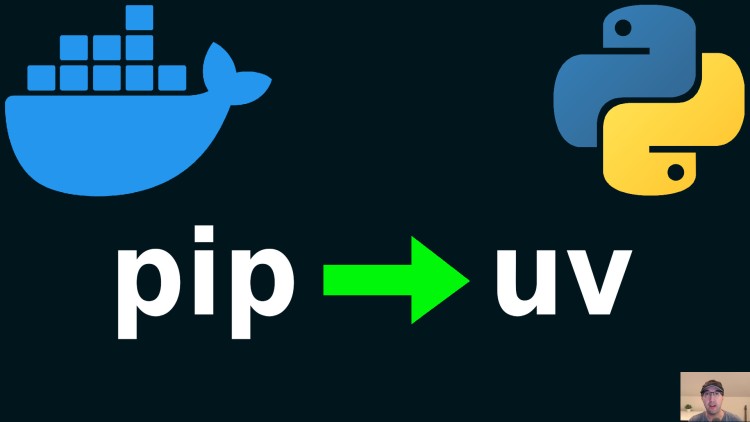

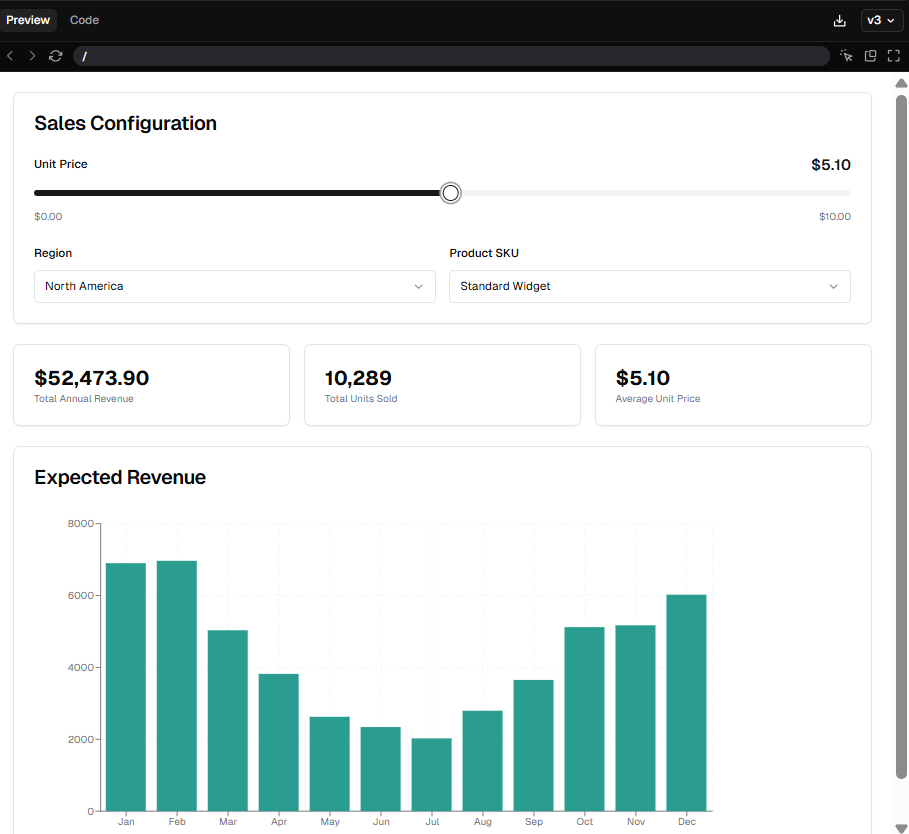
%20(1).png)

